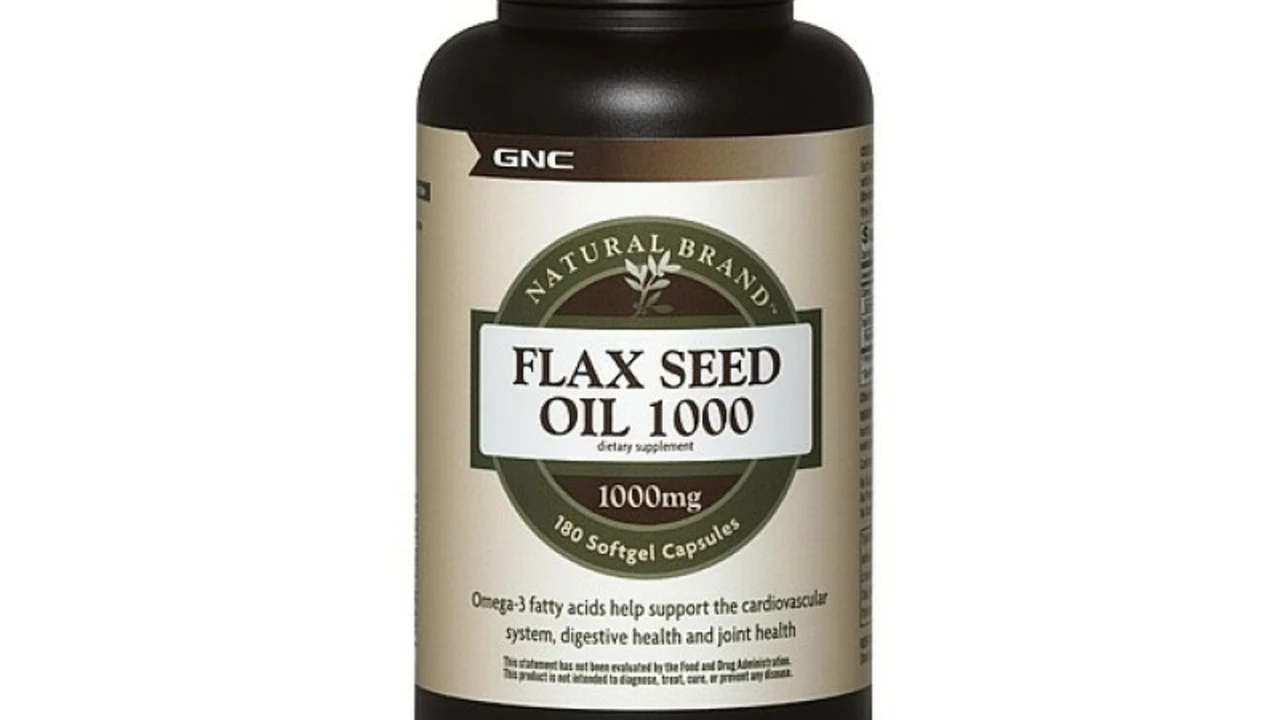Flaxseed Oil – Benefits, Uses & Safety Tips
If you’ve heard about omega‑3s but want a plant‑based option, flaxseed oil is probably the first name that pops up. It’s made by cold‑pressing the tiny seeds of the flax plant and packs a punch of alpha‑linolenic acid (ALA), the same kind of omega‑3 found in fish oil. People take it for heart health, inflammation, skin glow, and even to boost brain function. The good news? It’s easy to add to your daily routine without having to chew on fishy capsules.
Why people choose flaxseed oil
The main draw is its ALA content. A single tablespoon can give you about 7,000 mg of ALA, which the body can partly turn into EPA and DHA – the forms used by the heart and brain. Studies show that regular intake may lower bad cholesterol (LDL) while keeping good cholesterol (HDL) steady. If you suffer from joint aches or skin dryness, many users report less stiffness and smoother skin after a few weeks. Because it’s plant‑derived, flaxseed oil also avoids the fishy aftertaste and is suitable for vegans.
How to use flaxseed oil correctly
The simplest way is to drizzle a tablespoon over salads, smoothies, or oatmeal. If you prefer capsules, they’re handy for travel but watch the label – some contain extra fillers that can affect dosage. Start with one teaspoon per day and see how your body reacts; most people increase to one to two tablespoons after a week. Take it with food; ALA is fat‑soluble, so a meal helps absorption. Don’t heat flaxseed oil above 120°F (49°C) – high heat breaks down the delicate fatty acids, turning the oil rancid.
Safety matters, too. Flaxseed oil can thin your blood a bit, so if you’re on anticoagulants like warfarin or have upcoming surgery, talk to your doctor first. Some folks experience mild stomach upset or loose stools when they jump straight to high doses – that’s why a gradual increase works best. Pregnant or breastfeeding women should keep intake under two tablespoons daily unless advised otherwise by a health professional.
Storage is easy but often overlooked. Keep the bottle tightly sealed in the refrigerator and use it within 4‑6 weeks after opening. The cold slows oxidation, which is what makes the oil go stale and develop an off smell. If you notice a sour or metallic odor, discard it – rancid oil won’t give you the benefits you’re looking for.
In short, flaxseed oil offers a convenient plant‑based omega‑3 boost with heart, joint and skin perks. Start low, pair it with meals, store it cold, and watch for any blood‑thinning effects if you’re on medication. With these simple steps, you can make the most of this affordable supplement without any hassle.
In my journey towards optimal wellness, I've discovered the wonders of flaxseed oil, a must-have dietary supplement. It's an incredible source of Omega-3 fatty acids, which are essential for overall health. Not only does it support heart health, but it also contributes to maintaining good skin and hair. It's truly a gem hidden in plain sight, and a must-have in our daily diet. Incorporating flaxseed oil into our meals is a simple yet effective step towards healthier living.
Jul, 16 2023

